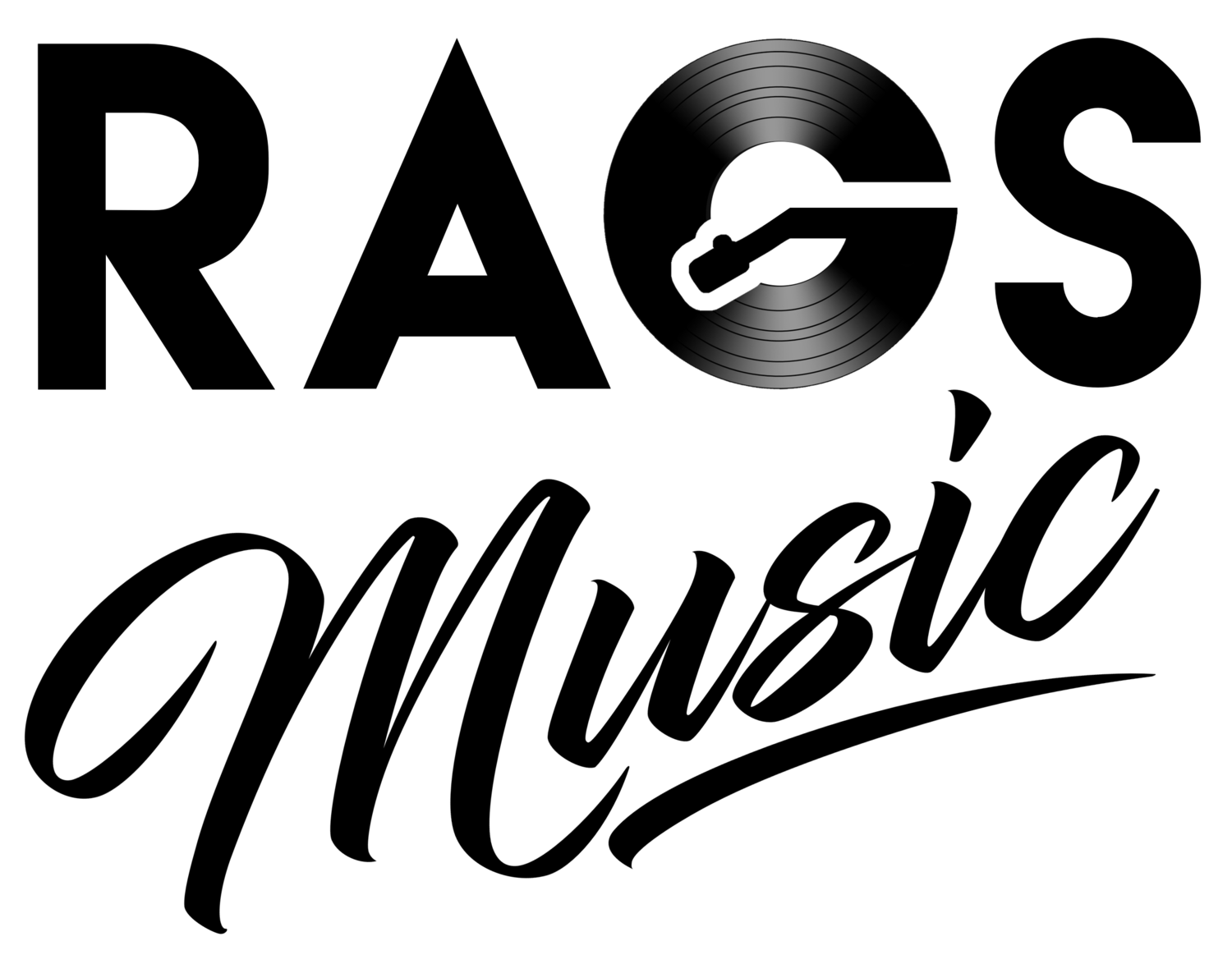Top Songs of 2014 (Subconciously ranked.)
I guess I’m supposed to do some sort of year-end round-up thing. These things always feel kind of forced and I really, really loathe pitting art against art in some kind of relative combat. This isn’t a competition. So, in the spirit of that, he is a short list of songs from this year that had a lasting effect on me. They are in no order except the order that they appeared in my head. I suppose that might be a gauge of how much I loved them, so maybe that’s my subconscious ranking them as such. There you go.
--------------------------------------------------------
Sturgill Simpson – Turtles All The Way Down
Remember when the Highwaymen released “The Highwayman?” That was some real bad-ass mystical reincarnation shit. Maybe the titular Highwayman has found his way back in the form of Sturgill Simpson. It’s entirely possible, right? Who else has the balls to making such traditional country music singing about the positive elements of psychedelics? This isn’t about drinking beer down at the fishin’ hole shit, this is some serious expand-your-mind-and-learn-yourself-and-you’ll-love-your-brothersandsisters stuff here. Obviously all of this is just shtick if it’s not being delivered by an incredibly talented performer and writer, both of which Simpson most assuredly is. (Listen to “Just Let Go.” Fuck) His album Metamodern Sounds in Country Music is pretty much great across the board and worth your $10 on bandcamp. It’s amazing watching this guy gain so much steam with no radio support whatsoever. Thanks Joe Rogan for using your mighty reach to bring the good Sturgill to the people. (Props to Rob Porter for the cover photo.)
Read More
